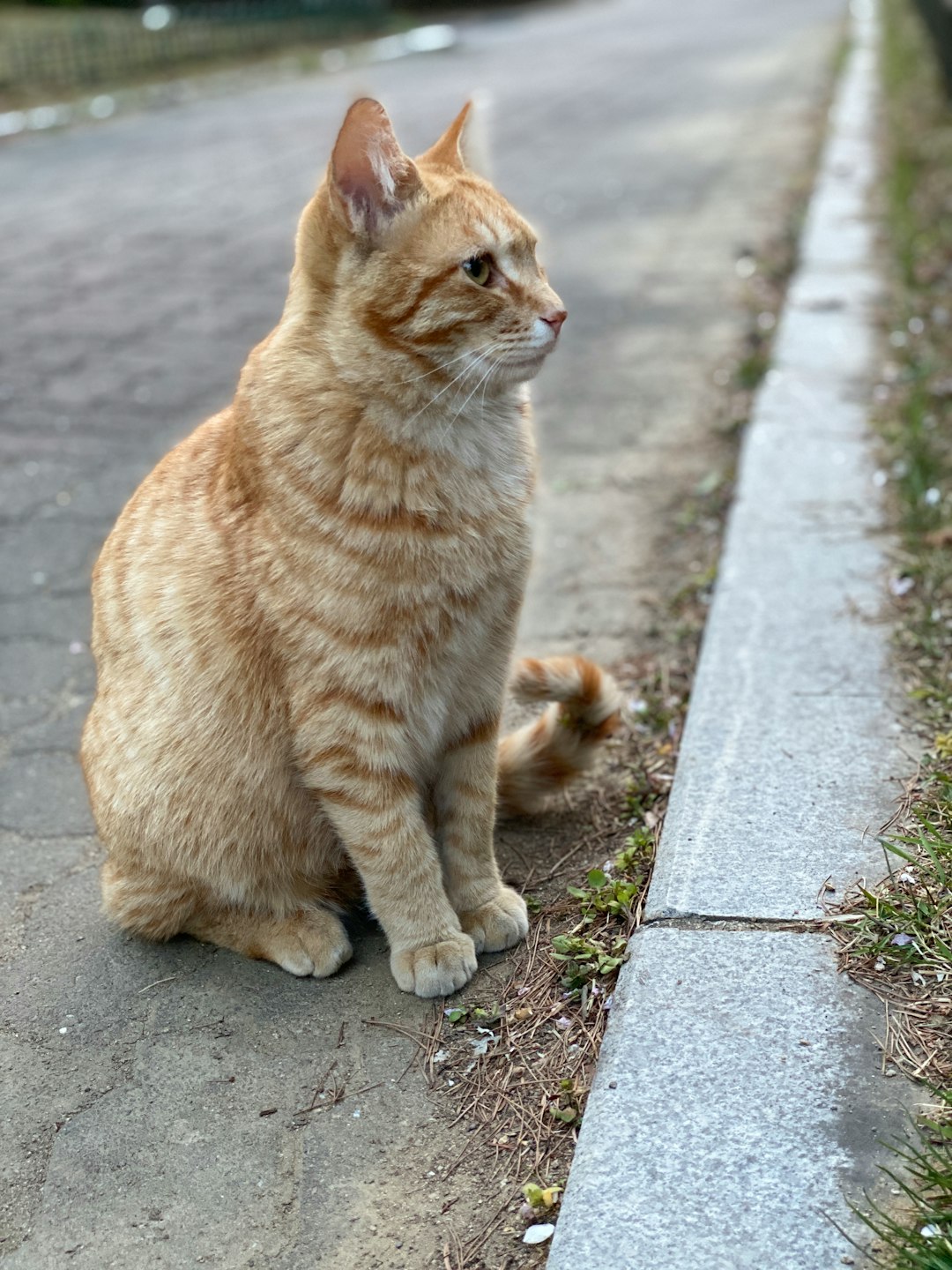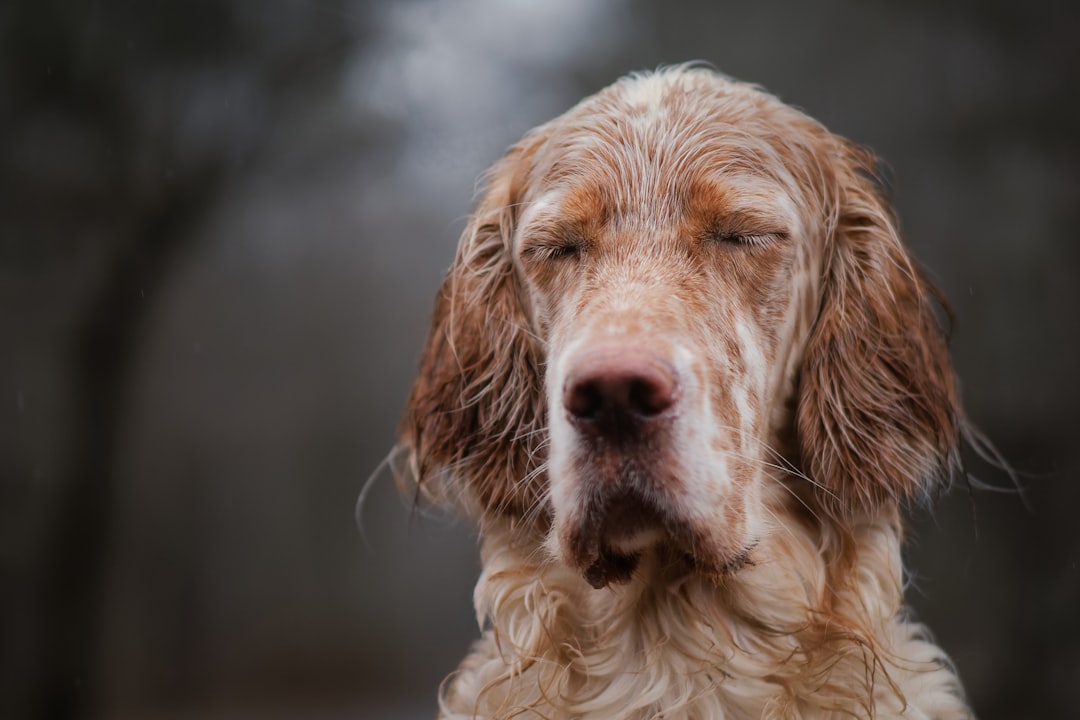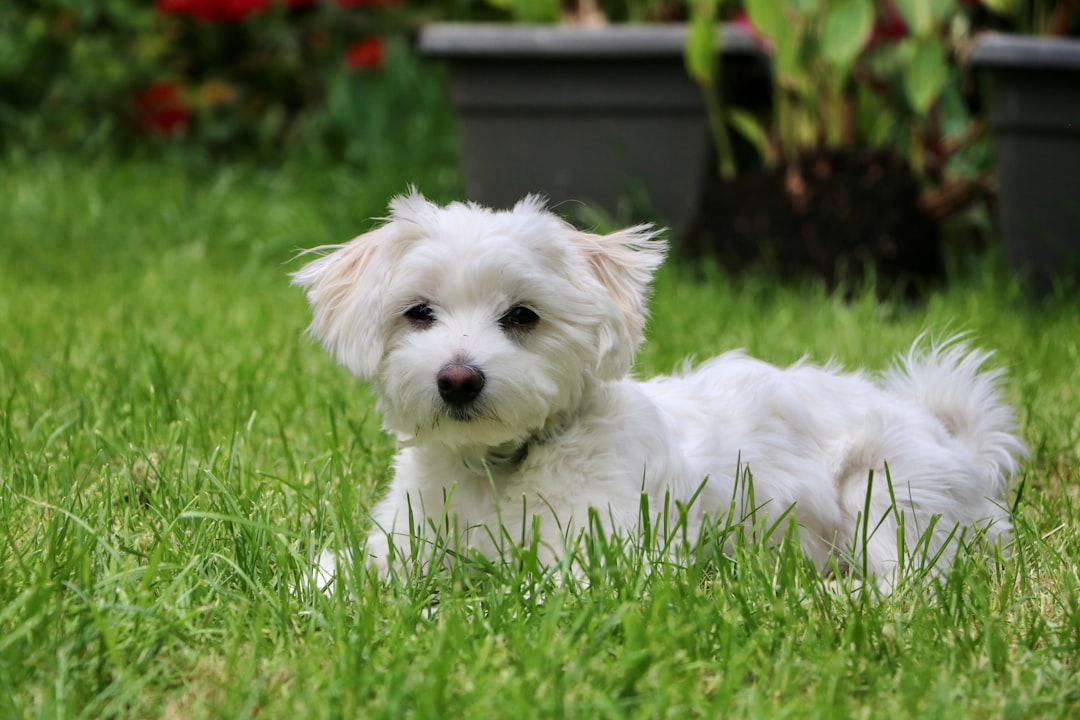As our feline friends age, their nutritional needs change significantly, making it crucial to choose the right diet. Senior cat food plays a vital role in maintaining their health and well-being. A well-balanced diet tailored specifically for aging cats helps support their immune systems, manage weight, and promote overall vitality. In this article, we will explore the essential nutrients and ingredients that should guide your selection, ensuring your cherished companion receives the best possible care in their golden years.
Understanding the Nutritional Needs of Senior Cats
As cats age, their nutritional requirements change significantly. Understanding these needs is essential for maintaining their health and wellbeing. Here are some vital aspects to consider when selecting senior cat food:
Caloric Needs: Older cats often experience a decrease in metabolism. Therefore, it’s crucial to provide a diet that maintains an appropriate caloric intake without leading to obesity.
Protein Quality: Senior cat food should contain high-quality proteins to support muscle maintenance and overall health. Cats require more protein as they age to combat muscle loss.
Fat Levels: Look for balanced fat content in senior cat food. Essential fatty acids are important for a healthy coat and skin while also providing energy.
Digestive Health: Aging cats may have sensitive stomachs. Opt for easily digestible formulas with added prebiotics to promote healthy digestion.
Joint Support: Ingredients such as glucosamine and chondroitin are beneficial for joint health, helping to ease arthritis and mobility issues prevalent in senior cats.
By meeting these nutritional needs, you can significantly enhance your senior cat’s quality of life and longevity.
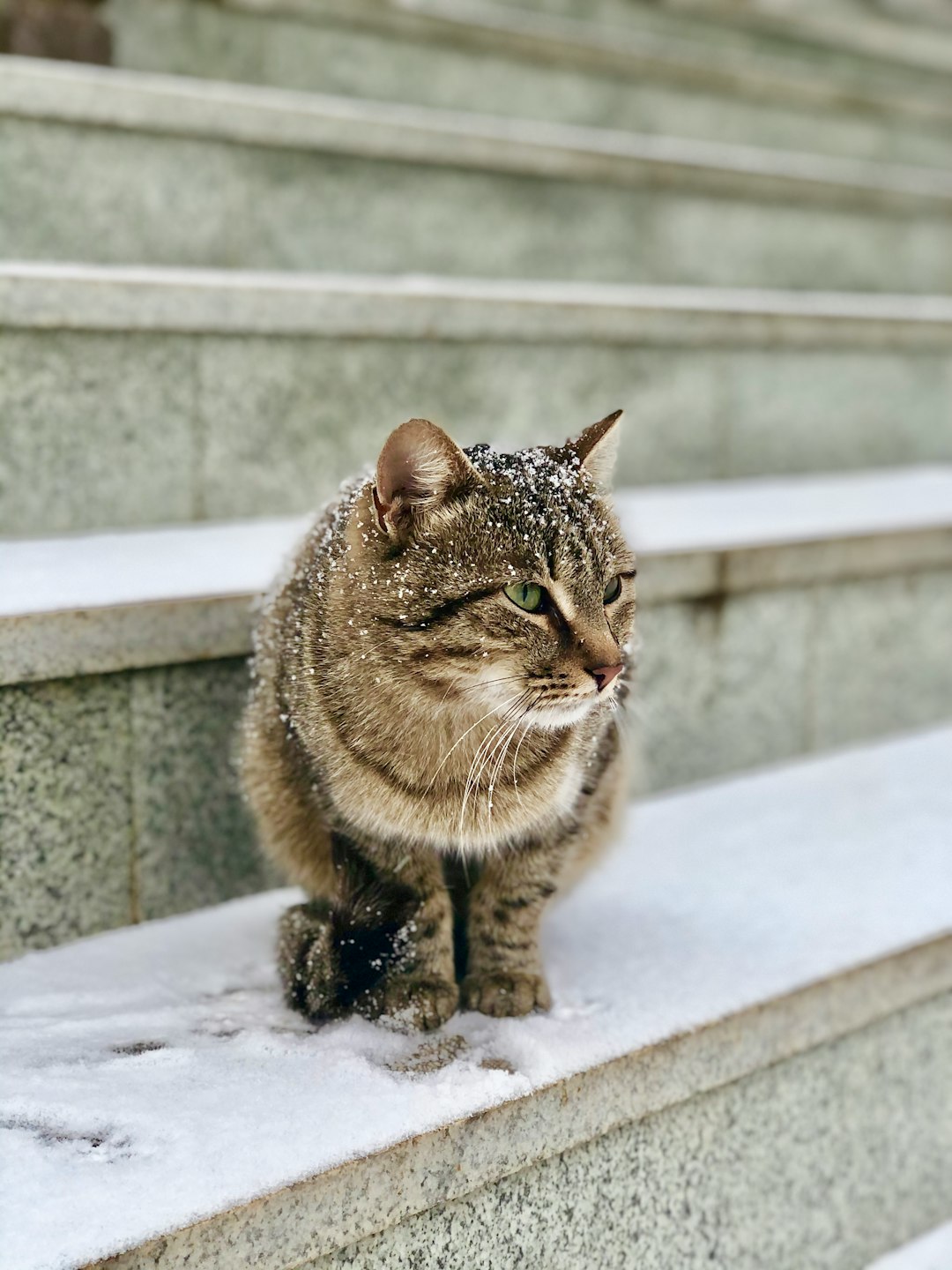
Key Ingredients to Look for in Senior Cat Food
Choosing the right senior cat food requires a keen eye for essential ingredients that cater to the unique dietary needs of aging felines. Here’s what to prioritize:
High-Quality Protein: Look for real meat or fish as the primary ingredient. Senior cats need protein to maintain muscle mass and overall health.
Healthy Fats: Ingredients like fish oil or chicken fat provide omega-3 and omega-6 fatty acids, promoting a healthy coat and skin.
Digestible Carbohydrates: Whole grains, such as brown rice or oatmeal, offer energy without burdening their digestive system.
Fiber: Added fiber from sources like beet pulp or pumpkin helps support proper digestion and prevents constipation.
Antioxidants: Ingredients such as blueberries, cranberries, or vitamin E combat free radicals and support overall immune function.
Vitamins and Minerals: Ensure the food contains essential nutrients, particularly calcium, phosphorus, and B vitamins to support bone and cognitive health.
By focusing on these key ingredients, you can select the best senior cat food that supports your aging cat’s health and vitality.
The Importance of Protein in Senior Cat Diets
As cats age, their bodies require more attention to maintain health and vitality. One essential component of senior cat food is protein, which plays a crucial role in their diet. Aging cats experience muscle loss and changes in metabolism, making it vital to focus on high-quality protein sources. Here’s why protein is important:
- Muscle Maintenance: Protein supports muscle integrity, helping to combat age-related muscle degeneration.
- Energy Boost: Unlike younger cats, senior cats often have decreased energy levels. Protein provides a sustained energy source required for daily activities.
- Immune Support: Protein aids in the production of antibodies and enzymes that bolster the immune system, keeping your cat healthy.
Protein Sources to Consider
Not all protein sources are equal. When choosing senior cat food, look for:
| Protein Source | Nutritional Benefits |
|---|---|
| Chicken | Lean protein, easily digestible |
| Salmon | Omega-3 fatty acids for skin health |
| Turkey | Low-fat, high-quality protein |
When selecting senior cat food, prioritize those that list real meat as the primary ingredient to ensure optimal health for your aging feline friend.
Essential Vitamins and Minerals for Aging Cats
As cats age, their nutritional requirements shift, making it crucial to choose the right senior cat food that addresses these needs. Certain vitamins and minerals play a vital role in maintaining their health and vitality.
Key Nutrients to Include:
- Vitamin E: This antioxidant helps promote a healthy immune system, reducing the risk of chronic diseases.
- B-Complex Vitamins: Essential for energy metabolism, they also support cognitive function and overall well-being.
- Taurine: An amino acid that promotes heart health and good vision, taurine becomes increasingly important as cats age.
- Omega-3 Fatty Acids: Found in ingredients like fish oil, these acids can reduce inflammation and support joint health.
Minerals to Consider:
| Mineral | Function |
|---|---|
| Calcium | Strong bones and teeth formation |
| Phosphorus | Essential for energy storage and utilization |
| Potassium | Regulates fluid balance and muscle function |
Choose senior cat food that highlights these essential nutrients to ensure your aging cat thrives. Pay special attention to ingredient quality—real meat sources and whole foods can significantly boost your senior cat’s health.
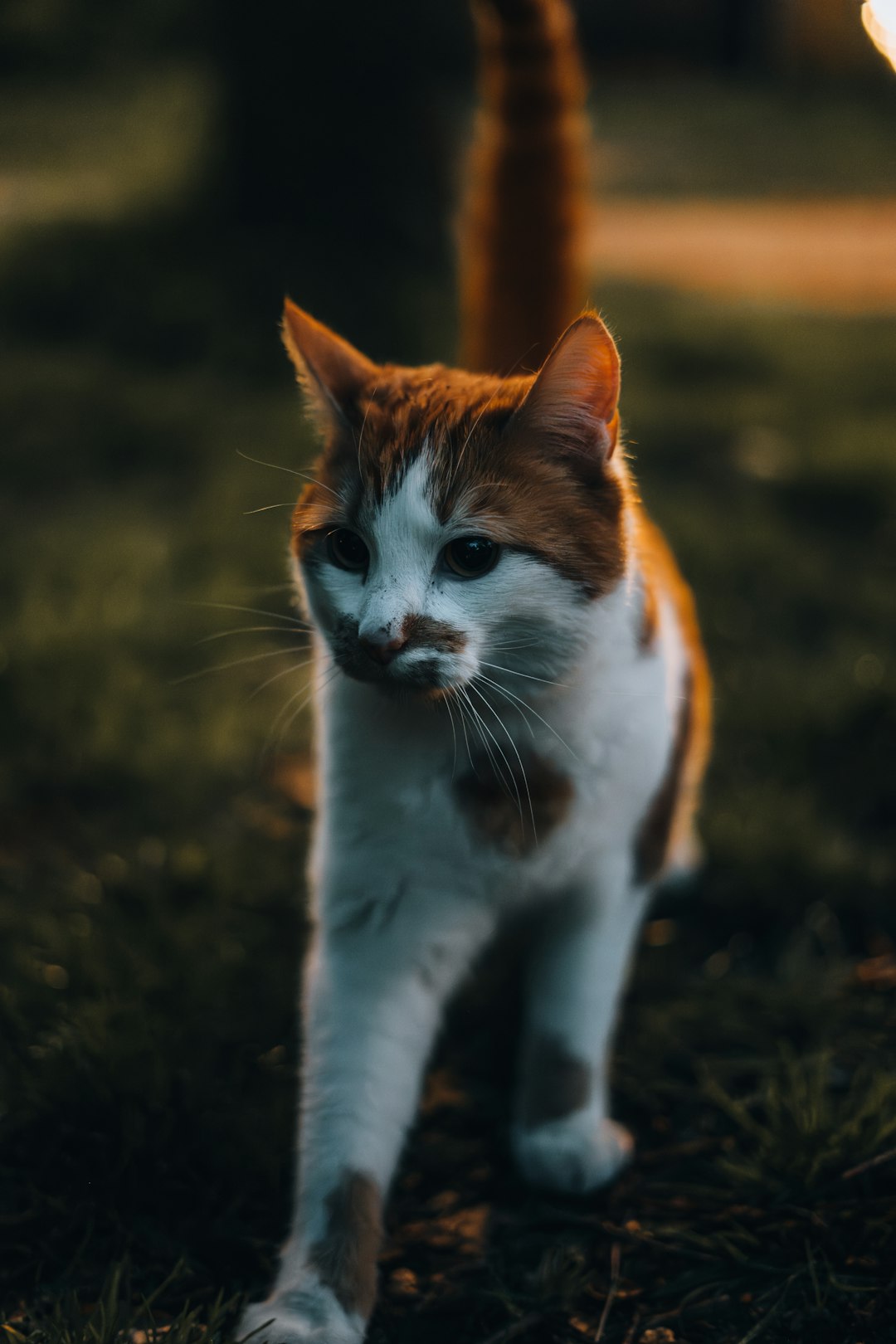
Hydration: Ensuring Your Senior Cat Stays Healthy
Proper hydration is vital for the health and well-being of senior cats. As cats age, their thirst drive may diminish, increasing the risk of dehydration. Therefore, you must prioritize hydration in your senior cat food regimen. Here are some effective ways to ensure your aging feline stays hydrated:
- Wet Food: Choose senior cat food that includes high moisture content. Canned food can provide hydration and nutritional benefits, as it consists of around 70-80% water.
- Fresh Water Access: Always provide fresh, clean water. Consider using a cat water fountain to encourage drinking due to the flowing water’s enticing nature.
- Broth and Supplements: Offer low-sodium broth as a treat or mix it with dry food to enhance moisture.
Hydration Comparison Table
| Hydration Method | Benefits | Considerations |
|---|---|---|
| Wet Cat Food | High moisture content | May be pricier |
| Fresh Water | Essential for daily intake | Change daily |
| Broth and Supplements | Increases fluid intake | Ensure it’s low-sodium |
By focusing on hydration alongside nutritious senior cat food, you can help your cat maintain optimal health in their golden years.
Special Diets for Cats with Health Conditions
When feeding senior cats, it’s essential to consider any underlying health conditions, as these can greatly influence their dietary needs. Specialized senior cat food can help manage specific ailments, ensuring your feline friend remains healthy and comfortable. Here are some common conditions and suitable dietary considerations:
Kidney Disease: Look for senior cat food with reduced protein and phosphorus levels to lessen kidney strain.
Obesity: Choose calorie-controlled formulas that maintain adequate nutrition while promoting weight loss.
Diabetes: Opt for low-carb senior cat food rich in fiber and protein, which helps regulate blood sugar levels.
Dental Issues: Soft, moist food may be necessary for cats with dental problems to facilitate easier eating.
Hyperthyroidism: Select diets low in iodine to help manage thyroid function.
| Health Condition | Dietary Focus | Recommended Features |
|---|---|---|
| Kidney Disease | Reduced protein, low phosphorus | Designed to support kidney health |
| Obesity | Calorie control | High fiber, low-fat ingredients |
| Diabetes | Low carb | Balanced protein and fiber |
| Dental Issues | Soft food | Easy chew or specially formulated moist food |
| Hyperthyroidism | Low iodine | Tailored to control thyroid levels |
Choosing the right senior cat food tailored for specific health issues can improve your cat’s quality of life. Always consult your veterinarian for personalized recommendations.
Top Recommended Brands for Senior Cat Food
Choosing the right senior cat food is crucial for maintaining your feline’s health as they age. Here are some of the top brands known for their quality ingredients and nutritional value:
| Brand | Key Features | Protein Source |
|---|---|---|
| Hill’s Science Diet | Tailored for aging cats; contains antioxidants and omega fatty acids | Chicken, turkey |
| Royal Canin | Breed-specific formulations; promotes optimal weight and bone health | Chicken, pork |
| Wellness | Grain-free options; high in protein and includes superfoods | Deboned turkey, salmon |
| Purina Pro Plan | Offers a variety of flavors; includes live probiotics for gut health | Turkey, chicken |
| Blue Buffalo | Natural ingredients; rich in protein and packed with vitamins | Chicken, fish |
When selecting senior cat food, consider your cat’s specific dietary needs and preferences. Each of these brands provides options tailored to support your cat’s health and wellness, helping them thrive in their golden years. Always consult your veterinarian for personalized recommendations based on your cat’s health condition.
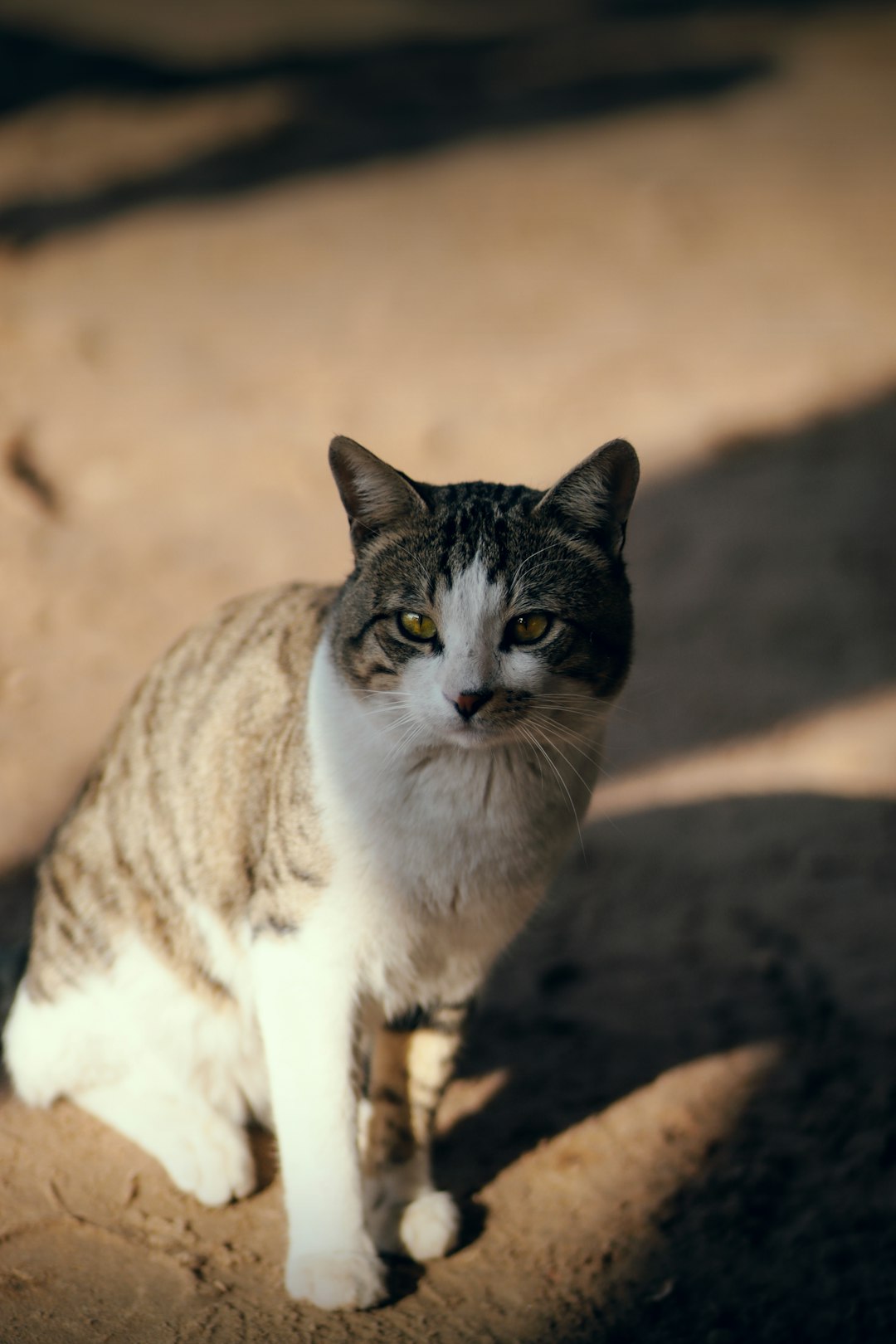
Transitioning Your Senior Cat to New Food
Transitioning your senior cat to new food requires patience and care to avoid digestive upset. Below are steps to ensure a smooth change:
Start Gradually:
- Begin by mixing the new senior cat food with the current food.
- Use a ratio of 25% new food to 75% old food for the first few days.
Monitor Reactions:
- Watch for any signs of distress such as vomiting, diarrhea, or refusal to eat. Adjust the ratios if necessary.
Slowly Increase New Food:
- After about a week, increase the ratio to 50% new food and 50% old food.
- Continue this gradual change over 7-10 days.
Reevaluate Preferences:
- Some senior cats may prefer certain textures or flavors.
- Be attentive and consider trying different senior cat food options if your cat seems disinterested.
Consult a Veterinarian:
- If you encounter ongoing issues or have concerns about nutritional adequacy, consult your veterinarian for personalized recommendations.
By following these steps, you can help your senior cat adapt to a new diet, ensuring they receive the nutrition necessary for their golden years.
Frequently Asked Questions
What specific nutritional needs should I consider when choosing food for my senior cat?
When selecting food for senior cats, it’s essential to consider specific nutritional needs that change as they age. Senior cats often require diets that are higher in protein to maintain muscle mass and lower in calories to prevent obesity. They may also benefit from added joint support ingredients, such as glucosamine and chondroitin, to help with mobility. Furthermore, access to water-rich food can aid in hydration, while high-quality ingredients are crucial to support their overall health.
Is grain-free cat food better for elderly cats?
The choice between grain-free and grain-inclusive diets for elderly cats depends on individual health conditions. While some senior cats may benefit from grain-free food, especially if they have grain sensitivities or allergies, others may require the dietary fiber that grains provide for healthy digestion. It’s essential to consult with a veterinarian for personalized advice based on the cat’s health status, activity level, and any specific dietary needs.
How can I tell if my senior cat is getting the right nutrition from their food?
Monitoring your senior cat’s health through regular veterinary check-ups and observing physical signs is key to ensuring they receive proper nutrition. Signs of optimal nutrition include a healthy coat, bright eyes, adequate energy levels, and maintaining a healthy weight. Additionally, if your cat is active, has regular bowel movements, and is not experiencing digestive issues, it’s likely they are receiving the correct nutrients. Always consult with your veterinarian for tailored nutritional guidance.
Should I transition my senior cat to new food gradually?
Yes, transitioning your senior cat to new food should be done gradually to avoid digestive upset. Start by mixing a small amount of the new food with the current food, typically beginning with a ratio of 25% new food to 75% old food. Gradually increase the proportion of the new food over about a week. Monitoring for any signs of discomfort or changes in appetite can also help ensure the transition is smooth and healthy for your cat.

